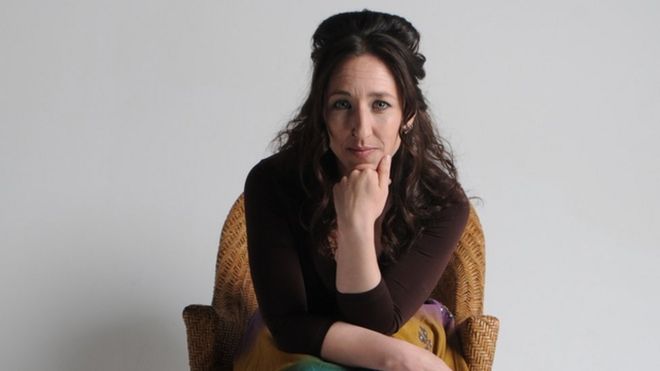
For most of her life in prostitution in New Zealand, Sabrinna Valisce campaigned for decriminalisation of the sex trade. But when it actually happened she changed her mind and now argues that men who use prostitutes should be prosecuted. Julie Bindel tells her story.
When Sabrinna Valisce was 12 years old her father killed himself. It changed her life completely. Within two years, her mother had remarried and the family had moved from Australia to Wellington, New Zealand, where her life was miserable.
"I was very unhappy," says Valisce. "My stepfather was violent, and there was no-one to talk to."
She dreamed of becoming a professional dancer and set up a lunchtime ballet class at her school, which proved so popular that a well-known dance group, Limbs, came to run lessons.
But within months she found herself on the streets, selling sex to survive.
Walking through the park on her way home from school, a man offered her $100 for sex.
"I was in school uniform so there was no mistaking my age," she says.
Valisce used the money to run away to Auckland, where she checked into the YMCA.
The act of leaning against a wall was all it took to be searched and threatened
"I tried ringing someone to ask for help in the phone booth which was outside the hostel, but it was engaged, so I waited," she says.
"The police stopped and asked what I was doing. I said, 'Waiting to use the phone'."
The officers pointed out that no-one was using the phone, so there was no need to wait. They thought they were being "terribly clever" Valisce says - but didn't seem to understand when she explained that it was the telephone she was calling that was engaged.
"They searched me for condoms thinking I was a prostitute because the YMCA was behind Karangahape Road, the infamous prostitution area.
"Ironically, that was what gave me the idea to go get some money. The police scared me but I knew I was going to be on the streets if I didn't get cash, and the act of leaning against a wall was all it took to be searched and threatened anyway, so I figured it made no difference if I was or wasn't."
Comments
Post a Comment